Auschwitz liberation commemoration: Standing in silence, 80 years on, and the message ‘never again’ must hit home
Auschwitz’s last day, January 27, has become the day the world remembers all six million Jewish victims of the Holocaust and the millions of other victims of Nazi persecution.
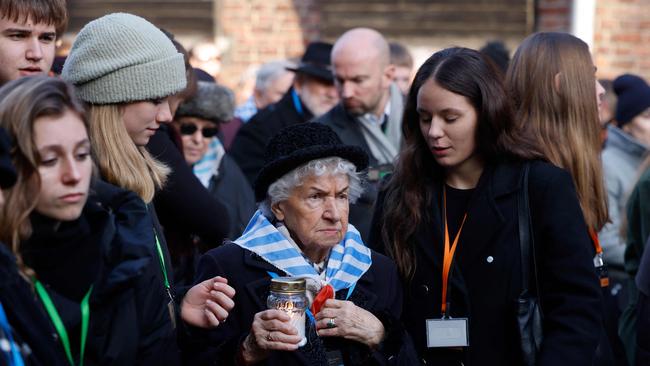
From Poland to Perth, they stood silent for lives lost to evil.
Nazis murdered close to a million Jews at Auschwitz-Birkenau extermination camp during the Holocaust. Others killed there during World War II included Poles, the Roma and Soviet prisoners of war and people of other nationalities.
On Monday, the 80th anniversary of the Red Army’s liberation of Auschwitz, world leaders including King Charles were due to gather with elderly survivors of the genocide for a solemn wreath-laying ceremony at the notorious Wall of Death. The condemned were led there, in the yard next to block 11, and SS men shot them.
Auschwitz’s last day, January 27, has become the day the world remembers all six million Jewish victims of the Holocaust and the millions of other victims of Nazi persecution.
Anthony Albanese and Peter Dutton were guests of Jewish leaders in the inner-northern Perth suburb of Yokine on Monday for a ceremony that included a memorial prayer and then a prayer for Israeli hostages.
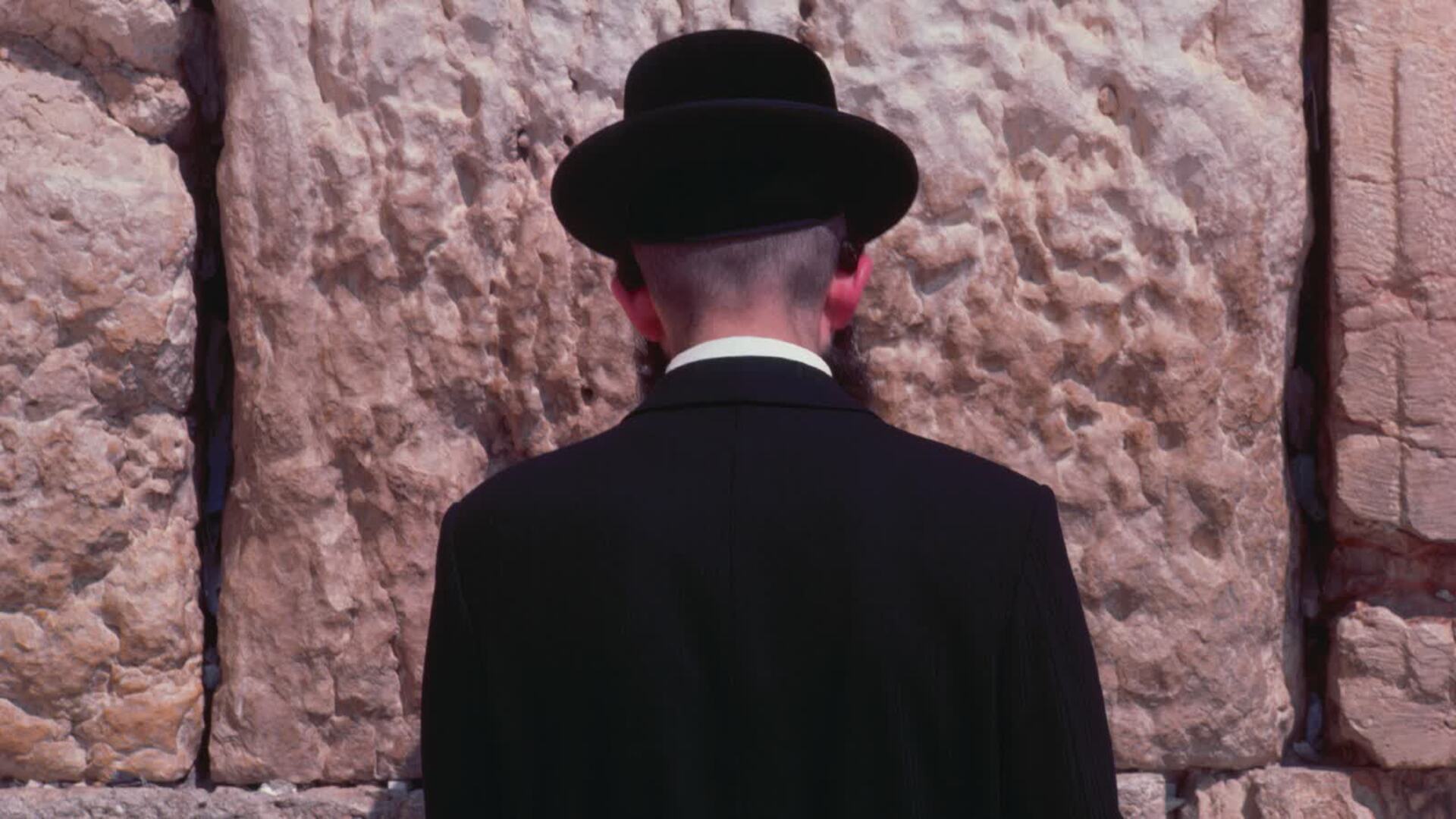
One of the nation’s last living Holocaust survivors – 92-year-old Nomy Duniza – stood and sang the song of hope with a congregation that had come to honour the dead and lament the rise of anti-Semitism in Australia.
That hate was on show just a day before in Adelaide, where 16 neo-Nazis were arrested by South Australian police after they marched through the streets on Australia Day.
Mr Albanese called the neo-Nazi display “horrific” and “hateful”, while Mr Dutton labelled it an “a disgrace, an abomination”.
In recent years, private security has been standard at all events hosted by the Western Australian Jewish Centre. That work is done by volunteers aware that many members feel anxious about a rising tide of hate.
Ms Duniza’s son Steve Lienlich – a director of the Jewish Community Council of Western Australia – told The Australian: “The main message that was here at this event which I am very keen to disseminate is that we need to speak out.
“We want to make the anti-Semitism that we’ve seen skyrocket in the last year culturally and socially unacceptable,” Mr Lienlich said.
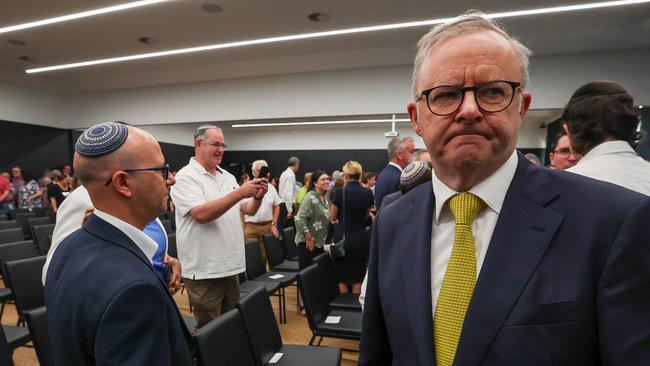
At Auschwitz, an emotional day-long commemoration of the anniversary of the camp’s liberation on January 27, 1945, was made all the more poignant because about 50 survivors from all around the world are now in their final years.
It was also all the more important given the current wave of anti-Semitism, which United Nations human rights chief Volker Turk described this week as “rampant”.
In wheelchairs, and with assistance, survivors came to honour their families, friends, entire communities and the six million Jews murdered by the Nazis in the death camps in World War II.
They were all children and teenagers at the time of this brutal evil, but the eight decades since haven’t dimmed memories, nor the intensity to ensure further generations “never forget”.
When the various Nazi death camps were being liberated, Allies leader General Dwight D. Eisenhower wanted the world to know about the atrocities, inviting politicians and press to visit the first camp liberated by the US troops at Ohrdruf to bear witness.
On Monday, European royals as well as the King, French President Emmanuel Macron and German President Frank-Walter Steinmeier came to deliver their respects, but Israeli Prime Minister Benjamin Netanyahu was not expected to arrive, despite Polish authorities saying they would ignore the International Criminal Court’s warrant for his arrest.
Australia’s delegation included the Special Envoy to Combat Anti-Semitism in Australia, Jillian Segal, Jewish leader and The Australian newspaper’s Australian of the Year Alex Ryvchin, Foreign Minister Penny Wong and the Attorney-General Mark Dreyfus, whose great grandmother Ida Ransenberg perished at Auschwitz.
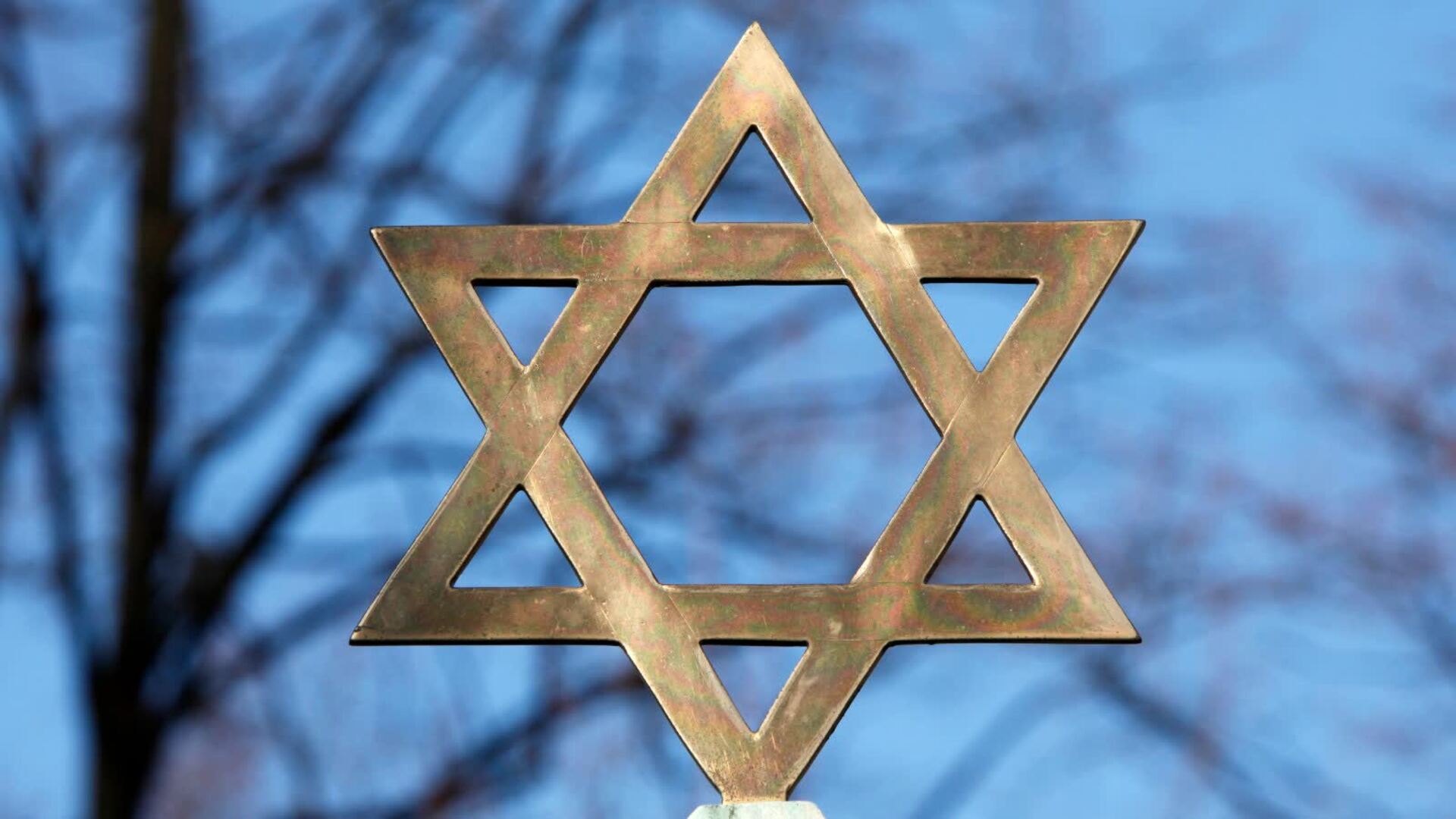
None of the world leaders spoke, ensuring that the spotlight remained on those who mattered, the survivors.
King Charles marked the occasion by saying “we must never be a bystander in the face of violence and hate. The act of remembering the evils of the past remains a vital task. In so doing, we inform our present and shape our future.”
At Auschwitz-Birkenau, a total of 1.1 million people were gassed and shot.
At one stage as many as 14,000 Jews were arriving at Birkenau each day and taken straight to the gas chambers.
On Monday afternoon the survivors gathered under a huge tent next to a railway wagon, used to transport the Jews from all parts of Europe.
The wagon was donated by Australian businessman Sir Frank Lowy to honour Hungarian Jews and his father Hugo Lowy, who was viciously beaten to death by an SS guard because he wanted to keep his small bag of religious items.
The speeches by the Auschwitz survivors and laying of candles took place near to the platform built by the prisoners under Nazi orders so that the Jews could be taken off the wagons more efficiently, and to their deaths more quickly.
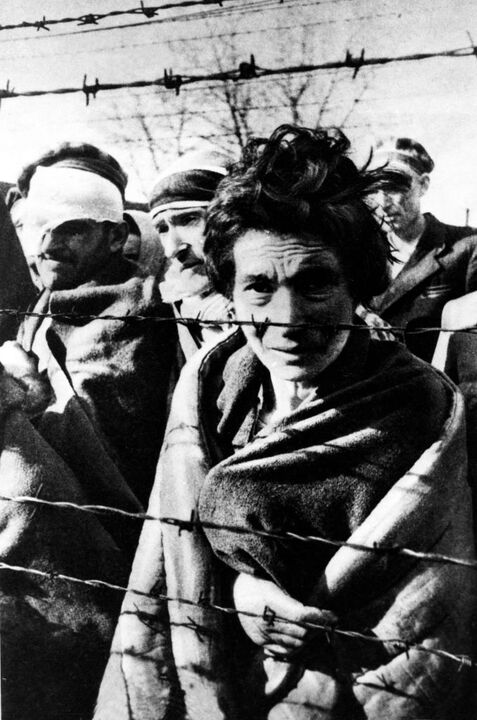
Holocaust survivor Janina Iwańska from Warsaw was 14 when she was transported to Auschwitz, marked with the number 85595 and declared a political prisoner with a red badge living in the children’s block No. 16.
Another speaker Tova Friedman only survived Auschwitz as a five year old because the day she was sent to the gas chamber the mechanisms failed because other prisoners had earlier detonated explosives. She and her mother hid under corpses in the infirmary when others were forced to go on a death march.
Leon Weintraub was also fortunate, having escaped the gas chamber of Auschwitz by joining an outgoing transport group of inmates to the Gross-Rosen concentration camp and forced to work as an electrician. When the war finished he weighed 35kgs, around half his normal body weight.
Even though it was Russian soldiers in the Red Army who liberated the camp, Russian President Vladimir Putin has not been invited to Auschwitz since launching his illegal invasion of Ukraine in February 2022.
A surge in hatred for Jews in Australia has been a source of political tension between the government and the opposition but Mr Albanese and Mr Dutton did not criticise each other before or after Monday’s ceremony in Perth.
Judith Lawrence from the Holocaust Institute told the gathering that the Holocaust began small with words then propaganda, exclusion, discrimination, violence and extermination.
“It was gradual until it was sudden,” she said.
“Here, in Australia, we are witnessing a rise in blatant anti-Semitism. Swastikas smeared publicly, verbal attacks on Jewish individuals, doxxing … it is gradual until it is sudden.”
West Australian Premier Roger Cook and opposition legal affairs spokeswoman Michaelia Cash were among the politicians who joined the Perth event.

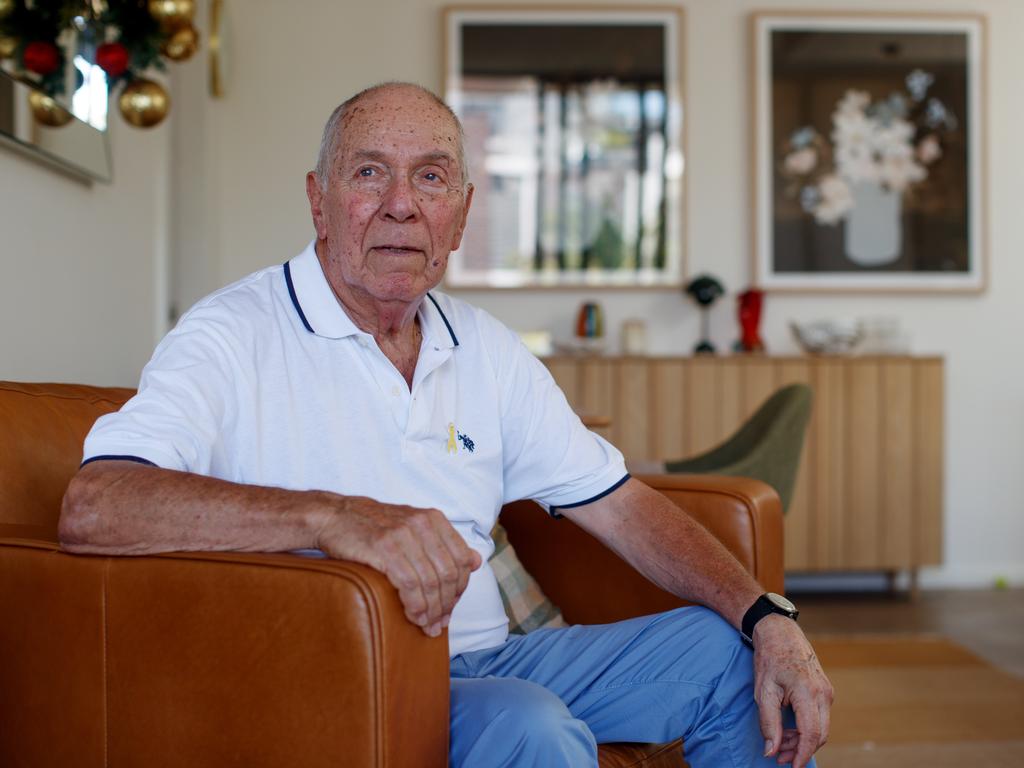
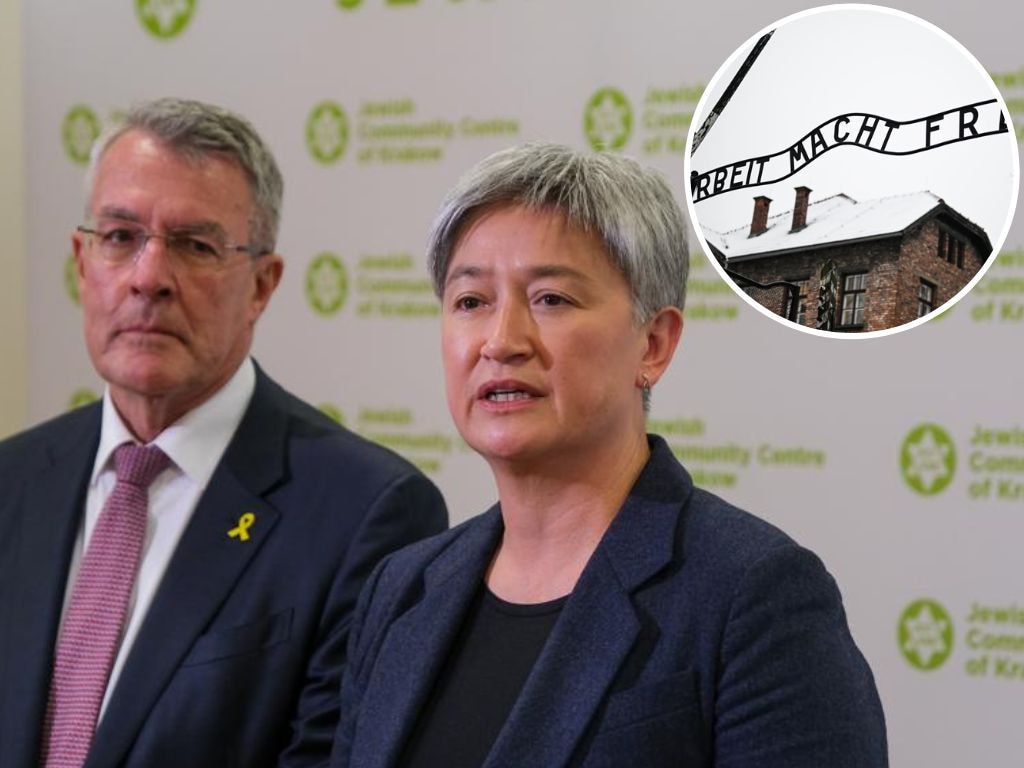


To join the conversation, please log in. Don't have an account? Register
Join the conversation, you are commenting as Logout